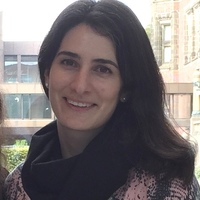- Add Social Profiles(Facebook, Twitter, etc.)
•
One year ago, the Stop Ecocide Foundation convened the so-called ‘Independent Expert Panel for the Legal Definition of Ecocide’ (IEP). Composed of 12 renowned international jurists and co-chaired by Dior Fall Sow and Philippe Sands, the... more
One year ago, the Stop Ecocide Foundation convened the so-called ‘Independent Expert Panel for the Legal Definition of Ecocide’ (IEP). Composed of 12 renowned international jurists and co-chaired by Dior Fall Sow and Philippe Sands, the panel published a definition of ecocide, which was identified as “unlawful or wanton acts committed with the knowledge that there is a substantial likelihood of severe and either widespread or long-term damage to the environment being caused by those acts.” This draft definition immediately kicked off one of the liveliest public debates about an international law issue in recent years (see the Defining Ecocide Symposium on this blog). Last September, the discussion revived, when the Institute for International Law of Peace and Armed Conflict (IFHV), the Graduate Institute’s Department of International Law, and ESIL’s interest group on human rights law hosted a panel discussion titled ‘Ecocide – Legal Revolution or Symbolism?’ The IEP’s co-chair Philippe Sands, Paola Gaeta, Jorge Viñuales, and Kai Ambos all offered highly insightful views on the central question whether the proposed definition of ecocide is just a symbolic act or a legal revolution (or something in between)? In this post, we would like to offer some reflections on this ongoing discussion.
